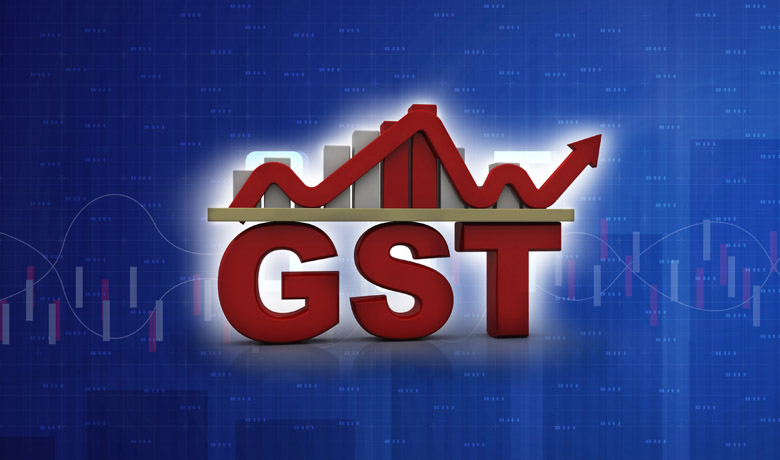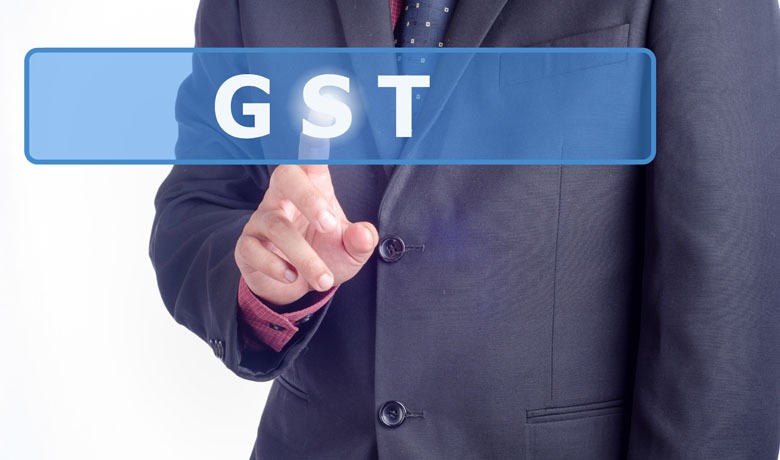GST/HST
GST/HST
GST/HST Registration for Your Business
As a business owner, you will need to register for the GST/HST if you provide only GST/HST exempt goods and services. Some examples of GST/HST exempt goods and services include child-care services, music lessons and used residential housing. You do are not obligated to register for the GST/HST if you qualify as a small supplier according to the Canada Revenue Agency (CRA), and are not one of the exceptions to the small supplier.
Generally, a small supplier is business whose total taxable revenues before expenses are $30,000 or less annually owner by a sole proprietor, partnership, or corporation. Public service bodies, such as charities, non-profit organizations, municipalities and universities will qualify as small suppliers if their total taxable revenues before expenses are $50,000 or less annually. However, you are required to register for the GST/HST as a small supplier if they are:
- Taxi and limousine operators
- Non-resident performers (who sell admissions to seminars and other events).


When GST/HST Registration Must Take Place
- As a business owner, you have 29 days to apply for GST/HST registration from the day that your business exceeds $30 000. For example, if on June 1st your revenues exceed $30,000, you will have until June 29th to apply for registration.
How to Register for the GST/HST
- GST registration with the Canada Revenue Agency (CRA) is actually much easier than you may think. You are able to register by phone, online, by mail or in person at your local CRA office. It is worth noting that residents of Quebec, must contact the Ministère du Revenu du Québec (MRQ) instead of the Canada Revenue Agency for GST registration. Their phone number is 1-800-567-4692.) When you have registered, you are then assigned a Business Number, a business identification number that you will then use with the CRA.
The Benefits of Voluntary GST/HST Registration
- If your business does not qualify as a small supplier, you may want to register for the GST because regardless of the size or nature of your business, anyhow you will be paying GST/HST on the taxable goods and, and as a GST/HST registrant, you will be able to recover some GST/HST you paid out on business purchases back through Input Tax Credits.
The Major Advantages of Voluntary GST/HST Registration
- If you are not a small supplier, you are not obligated to register for the Goods and Services Tax (GST/HST) in Canada. However, even if you don’t have to, you may want to register because of GST/HST registration – Input Tax Credits
- Input Tax Credits are credits you can claim to recover the GST/HST you paid or owe for goods or services you acquired during the course of commercial activities.
- If you do not register for the GST/HST, you are not able to recover the GST/HST you paid out, which can be considerable when you add up the amount of GST/HST paid to acquire supplies and services over the course of a year.
- It is also worth noting that Input Tax Credits are “stackable” which means GST/HST Input Tax Credits do not need to be claimed in the reporting period when the purchases were made. You have up to four years from the end of the period when the Input Tax Credit could have first been claimed to file the relevant GST/HST Input Tax Credit in most cases.


Rules for Claiming GST/HST Input Tax Credits
The rules for claiming GST/HST Input Tax Credits are very similar to the rules for claiming business expenses on income tax. According to the Canada Revenue Agency’s General Information For GST/HST Registrants’ Guide, you may claim Input Tax Credits for operating expenses such as commercial rent, utilities, and office supplies, and for meal and entertainment expenses. You may also claim GST/HST Input Tax Credits for expense reimbursements you pay to your employees or partners. And you can claim Input Tax Credits for a capital property as well.
Expenses That Don’t Qualify as Input Tax Credits
Purchases or expenses cannot be used to claim Input Tax Credits. The main category of purchases or expenses that can’t be used are goods and/or services that you bought or imported for your own use (as opposed to being bought or imported for business consumption).
Some other purchases or expenses that don’t qualify are:
- Taxable goods and services bought or imported to provide exempt goods and services
- Some capital property
- “Membership fees or dues to any club whose main purpose is to provide recreation, dining, or sporting facilities” (CRA).
Expenses That Don’t Qualify as Input Tax Credits
- When you register for the GST in Canada, the Canada Revenue Agency (CRA) assigns you a GST/HST reporting period based on your total annual sale of GST/HST taxable goods and services. This reporting period may be monthly, quarterly or annual
- The Canada Revenue Agency will assign you a reporting period based on your total taxable supplies of goods and services in the previous fiscal year when you register for the GST/HST. Depending on what that figure is, you may be able to choose a different optional reporting period
- For each reporting period, you have to prepare and send to the CRA a GST/HST return which shows the amount of GST/HST you charge your customers, and the amount of GST/HST you paid or owe your suppliers. The difference between these are your net tax.
GST/HST Taxable Goods and Services
- These are the taxes that businesses charge GST/HST on and can claim Input Tax Credits for on their GST/HST returns. Most goods and services fall into this category, and you are able to charge and collect GST or the appropriate HST on each transaction.


GST/HST Exempt and Zero-Rated Goods and Services
- Your business can charge the consumer no GST/HST on GST exempt or GST zero-rated goods and services, however, if two classes of goods are different when it comes to Input Tax Credits. With GST exempt goods and services, you do not charge GST/HST and you cannot claim Input Tax Credits. With GST/HST zero-rated goods and services, you charge 0% GST/HST and you can claim Input Tax Credits.
- GST/HST exempt goods and services include childcare services, music lessons, many educational services, and used residential housing. For details on these and more examples, see the Canada Revenue Agency’s list of GST exempt goods and services in RC4022 – General Information for GST/HST Registrants. Zero-rated goods and services include basic groceries, prescription drugs, and exports.
Accounting for the GST/HST
In order to correctly calculate your Input Tax Credits and complete your GST Return, you need to keep track of how much GST or HST you collect, and how much GST or HST you pay, while also keeping track of your GST/HST by category
Having meticulous kept records is critical if you are going to stay on top of your GST/HST payments and maximize your GST/HST Input Tax Credits. But you need to do that anyhow for income tax purposes.
When you are setting up your small business, contact the Blue Ocean team of tax experts , and we will work with you and set up your GST/HST and ensure that you are always operating with the law and completely compliant. We have years of experience working with small businesses owners just like you and our team can help you with your GST/HST, and every other accounting and tax need, so contact us today for a consultation.
